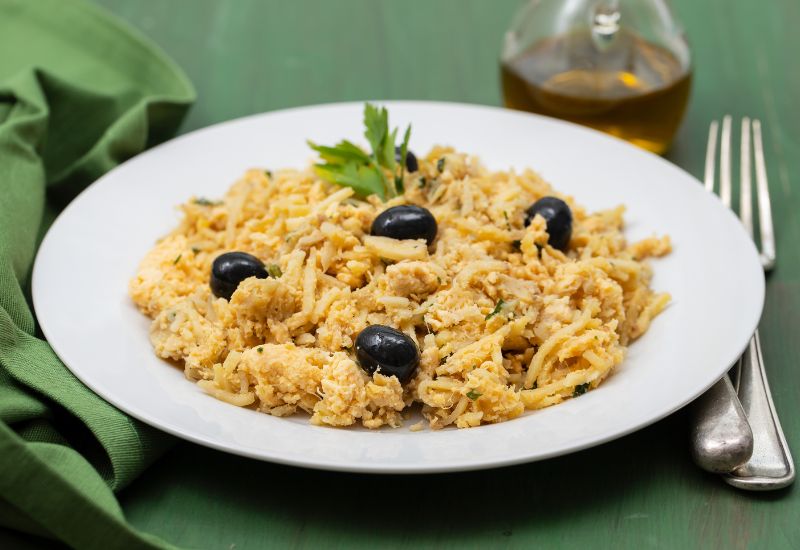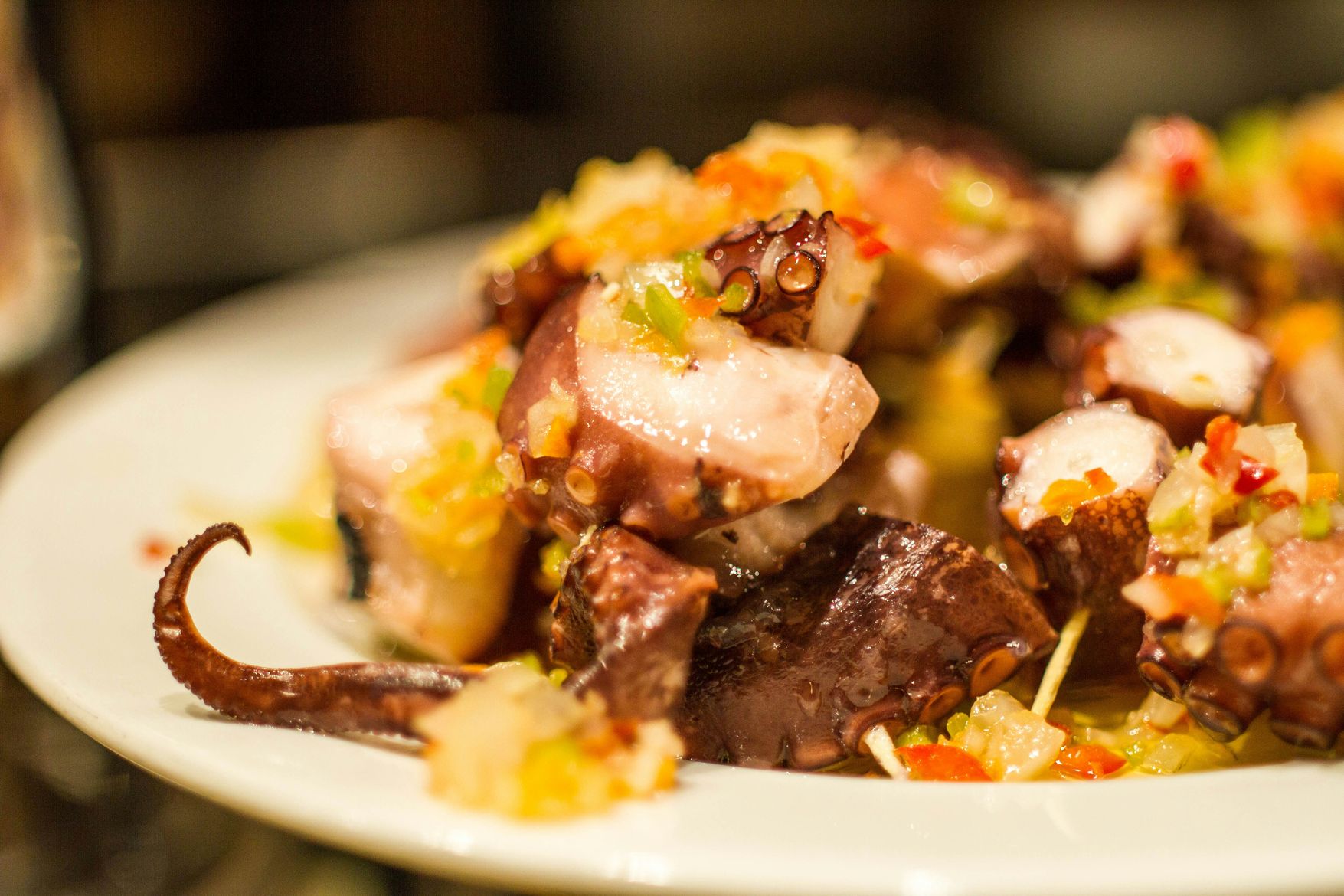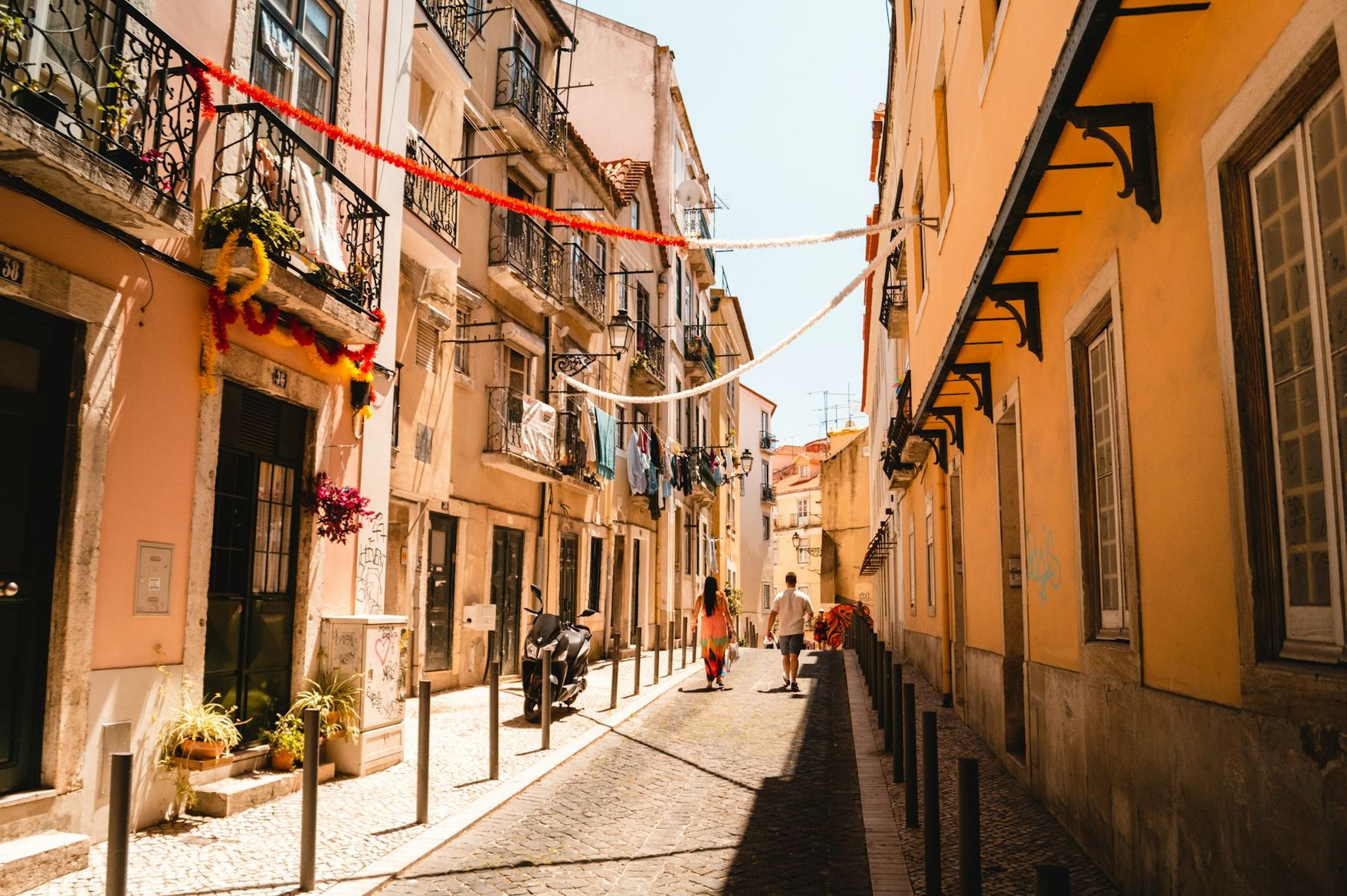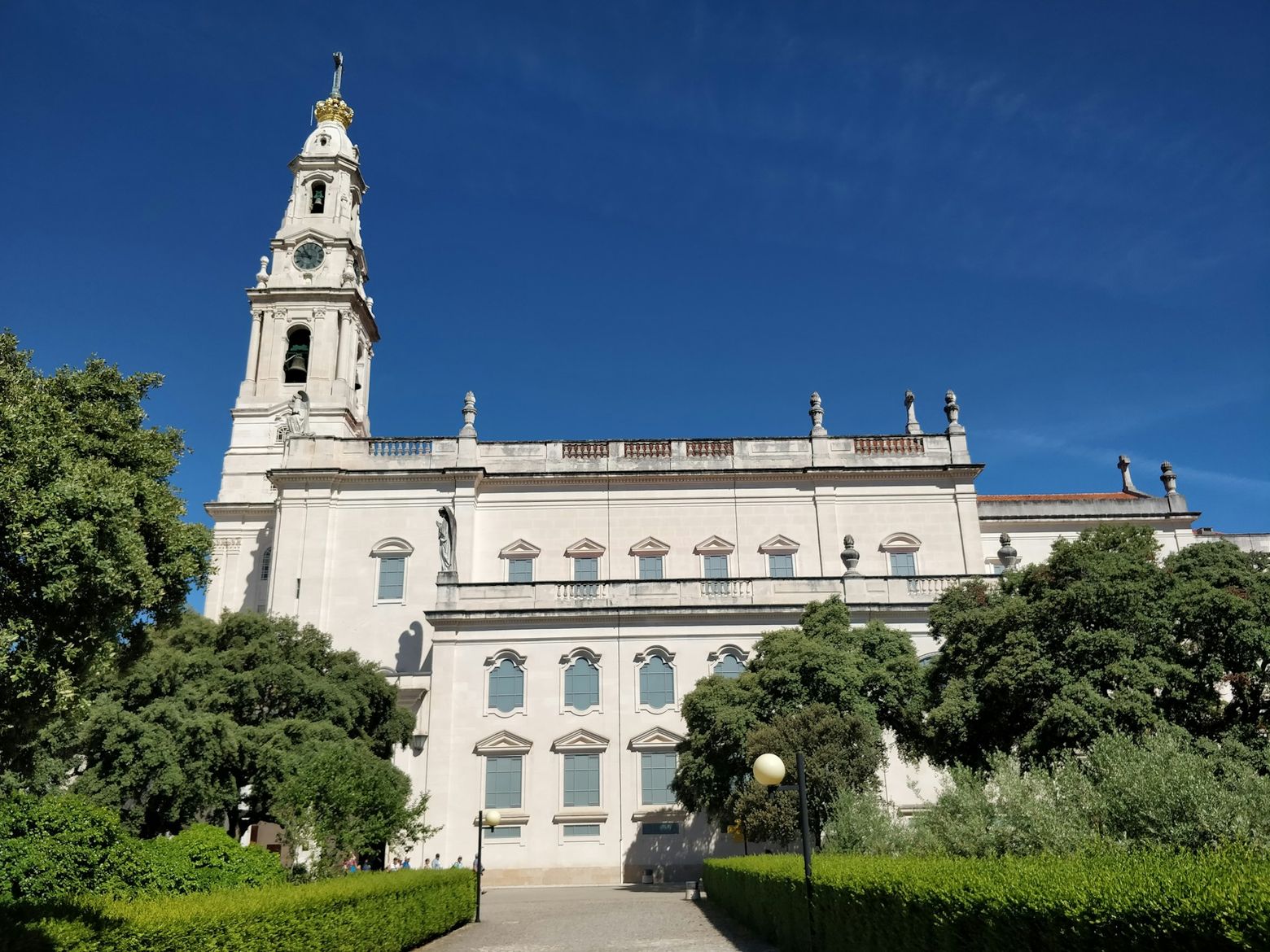Culture in Portugal
Colourful culture on the Atlantic
The culture of Portugal is a fascinating mix of historical traditions and modern influences, deeply rooted in its rich history and shaped by its geographical location on the Atlantic. At the heart of this culture is Portuguese cuisine, famous for its simple yet delicious seafood dishes, and wine, especially the world-renowned Port wine.
Portugal's festivals and customs reflect the vibrant heritage of the country, from the colorful street festivals honoring saints like the Festas de São João in Porto and the Festas de Santo António in Lisbon, to the deeply spiritual pilgrimages to Fátima.
These elements together illustrate the vibrancy and uniqueness of Portuguese culture, a true melting pot of traditions that attracts visitors from around the world.
Portuguese cuisine
Due to its long coastline, fresh seafood and fish are central to Portuguese cuisine. Other popular basic ingredients in many Portuguese dishes include olive oil and garlic.
Portugal's history as a maritime nation has also led to influences from Africa, Asia, and South America being incorporated into its cuisine. Spices such as Piri-Piri (African chili peppers) are an example of this.
5 typical dishes from Portugal
These dishes reflect the rich culinary tradition of Portugal, which has been influenced by the country's coastal location and its history of maritime exploration and discovery.
1. Bacalhau à Brás

Bacalhau à Brás is a classic Portuguese dish made from shredded, salted cod, thinly sliced potatoes, and scrambled eggs. It is cooked with plenty of olive oil and traditionally garnished with chopped parsley and black olives. This simple yet flavorful fish dish reflects Portuguese culinary art and maritime tradition.
2. Francesinha

Francesinha is a uniquely hearty sandwich from Porto, filled with various types of meat such as ham, Portuguese sausage (Linguiça), and steak. It is covered with melted cheese and served in a rich tomato and beer sauce. Occasionally, it is also garnished with a fried egg.
The name Francesinha means "little French girl" in Portuguese, likely because it was originally a variation of the French Croque sandwich.
3. Polvo à Lagareiro

Polvo à Lagareiro is a popular Portuguese dish where tender octopus is baked in the oven and flavored with olive oil and garlic. It is often served with roasted potatoes that soak up the flavors. This dish represents Portugal's deep connection to the sea and its culinary diversity. It is a popular meal on Christmas Eve.
4. Caldo Verde

Caldo Verde ("green broth") is a classic Portuguese soup and a national dish of Portugal. It consists of a potato soup enriched with tender slices of green kale and slices of hearty Chouriço sausage. Typically, Caldo Verde is served with cornbread (Broa) as a side.
5. Pastéis de Nata

Pastéis de Nata are an iconic pastry from Portugal, featuring a crispy puff pastry shell and a sweet, creamy filling. Originally, these sweet tarts come from Lisbon, specifically the Belém district. Therefore, they are also referred to as Pastéis de Belém.
Pastéis de Nata or de Belém are baked at high temperatures until the surface is lightly caramelized, and they are often dusted with cinnamon and powdered sugar. They are a symbol of Portuguese fine baking.
Drinks
In Portugal, great importance is placed on socializing and enjoying drinks together. Wine plays a central role during meals, and it is customary to pair food with the appropriate wine. Port wine and other liqueurs are often served after a meal to round off the dining experience.
Overall, Portuguese drinking culture emphasizes quality, tradition, and the sharing of beverages in good company.
Portuguese wines

Portugal boasts a long history of viticulture and winemaking. One of the most famous Portuguese wines is Port wine, a world-renowned sweet wine traditionally produced in the Douro Region. The dessert wine takes its name from the port city of Porto.
For those who prefer something less sweet, a glass of Vinho Verde might be appealing. This wine is light, fresh, and slightly effervescent due to natural carbonation, originating from the north of Portugal. It is perfect for warm days and pairs excellently with seafood.
The Portuguese island of Madeira is also famous for its wine. The namesake fortified wine, Madeira, is strong and sweet. It is distinguished by its unique production process, which imparts a distinctive flavor profile and high alcohol content.
Liqueurs

Portuguese drinking culture has a preference for local spirits and liqueurs.
For example, a popular sour cherry liqueur often served as an aperitif or digestif is Ginja or Ginjinha. It is particularly famous in Lisbon and Alcobaça.
Also popular as a digestif after a meal is Licor Beirão, a sweet liqueur flavored with herbs.
Espresso

Coffee, particularly espresso, is an integral part of daily life in Portugal and is consumed at almost any time of day. The espresso variation known as Bica is especially famous and deeply embedded in Portuguese culture, particularly in Lisbon. It is usually enjoyed with sugar. In Porto, espresso is also referred to as Cimbalino.
Traditional festivals and customs
Portugal is rich in traditional festivals and customs that reflect its cultural diversity and history. These festivals and customs showcase the deep religious roots, social connectivity, and joy of celebration that are embedded in Portuguese culture.
Festas de São João in Porto

The Festas de São João, held annually from June 23 to 24 in Porto, are among the most lively celebrations in Portugal. They are celebrated in honor of Saint John the Baptist. With street festivals, music, dance, fireworks, and sky lanterns, the festivities enliven the entire city. An unusual custom at the Festas de São João is to lightly hit each other on the head with plastic hammers.
Festas de Santo António in Lisbon

The city festivals of Lisbon, also known as Festas de Santo António, take place throughout June in the Portuguese capital. The city is adorned with garlands and lights, featuring folk festivals, parades, traditional music, and dancing.
A customary feature of the celebrations includes mass weddings, known as "Casamentos de Santo António." On June 12th every year, 16 couples get married in the cathedral of Lisbon, celebrating their union in a grand communal event.
Fátima pilgrimages

The pilgrimage site of Fátima attracts thousands of pilgrims each year on May 13th and October 13th. These pilgrimages commemorate the apparitions of the Virgin Mary, who is said to have appeared to three shepherd children in 1917.
Experience Portugal's culture
Portuguese culture reflects a profound connection between history, tradition, and modern lifestyle. The rich culinary diversity, vibrant festivals, and customs demonstrate an appreciation for community, art, and gastronomy. These aspects give Portugal its distinctive identity and timeless charm.
Are you ready to explore new cultural experiences in Portugal?
Here you can learn more about toll regulations in Portugal, so you can travel through the country stress-free.
